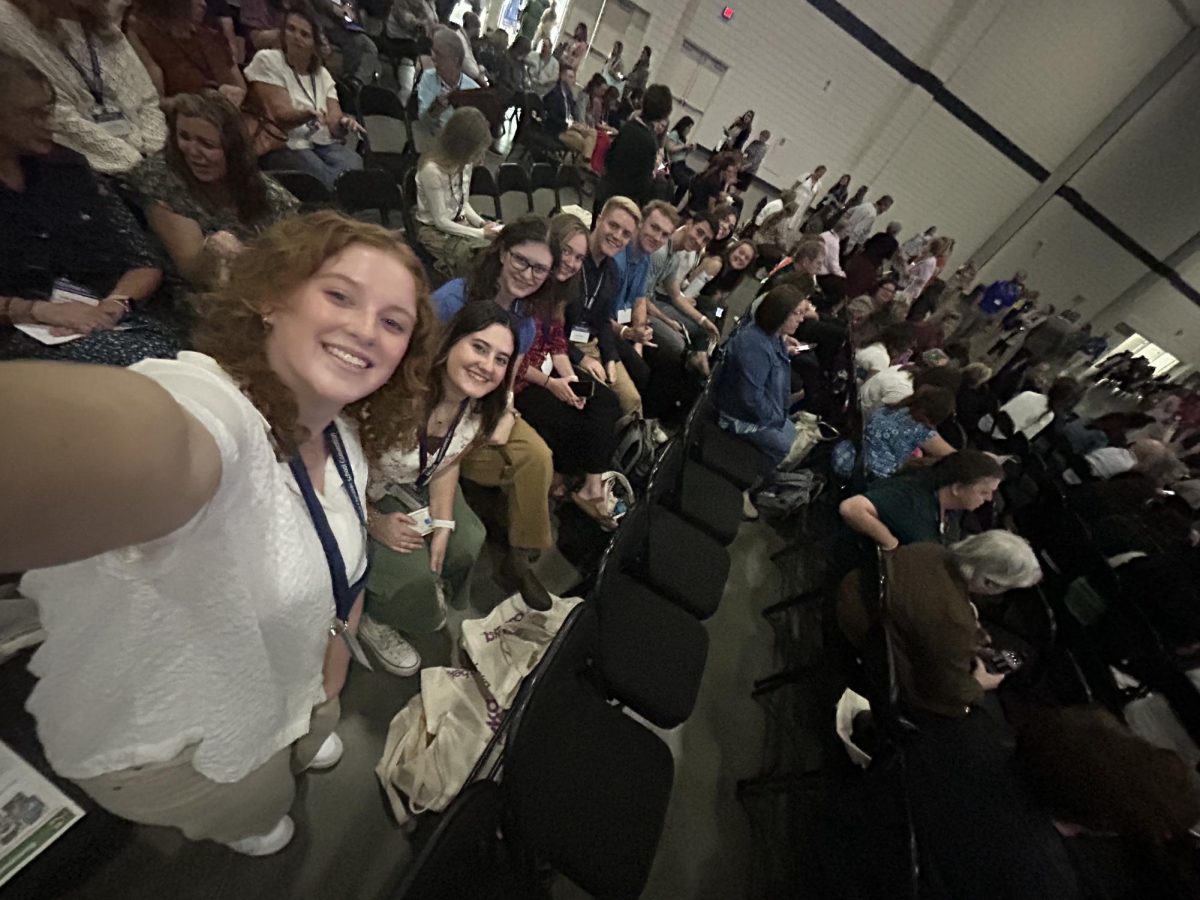The Division of Nursing in the School of Health Professions has officially received professional accreditation. Nursing degrees were previously accredited through the University’s institutional accreditation but are now also accredited by the Commission on Collegiate Nursing Education.
Following the submission to CCNE of an in-depth self-study of BJU’s nursing program, a CCNE site team was commissioned to visit campus this past April to evaluate the quality of the University’s nursing program. They also evaluated policies and processes to ensure that BJU is using relevant curriculum and fully utilizing resources.
Megan Lanpher, chair of the division of nursing, said the CCNE accreditation will open up opportunities for students to gain access to more graduate school and job opportunities than they had with only institutional accreditation.
The CCNE accreditation will also provide positive benefits for nursing students enrolled in the ROTC program as it will allow these students to better qualify for ROTC scholarships. Lanpher credited the nursing faculty for the success of this goal. The faculty worked extremely hard to give their students the best experiences possible, Lanpher said.
Dr. Jessica Minor, dean of the School of Health Professions, said that in addition to the positive benefits this accreditation will have on the students, it will aid the BJU nursing program as a whole. With CCNE accreditation, the University can pursue grants, including grants for new equipment for the nursing program. Minor also said she is not sure if students fully understand the benefits of the CCNE such as greater access to graduate school and jobs.
However, this year’s senior class in particular is more familiar with the new accreditation since they were interviewed during the site visit. CCNE accreditors asked the students questions to gauge their investment in the nursing program as well as to get an idea of how they feel about the direction the program is headed.
Senior nursing major Camille Heinz is very excited for the additional accreditation. She pointed out that after working so hard for a few years, it would be difficult to not be recognized nationally. She eagerly anticipates what opportunities the CCNE accreditation will provide her post-graduation and thinks that it is neat that she is in one of the first classes to receive the accreditation.
Notably, the CCNE accreditation is retroactive to the class of 2019 since the the CCNE site visit happened during those students’ final semester.
The CCNE accreditation will need to be reaffirmed in the next two to three years and then at various points following. For each new reaffirmation, more reports will need to be submitted as well as curriculum updates.


























































